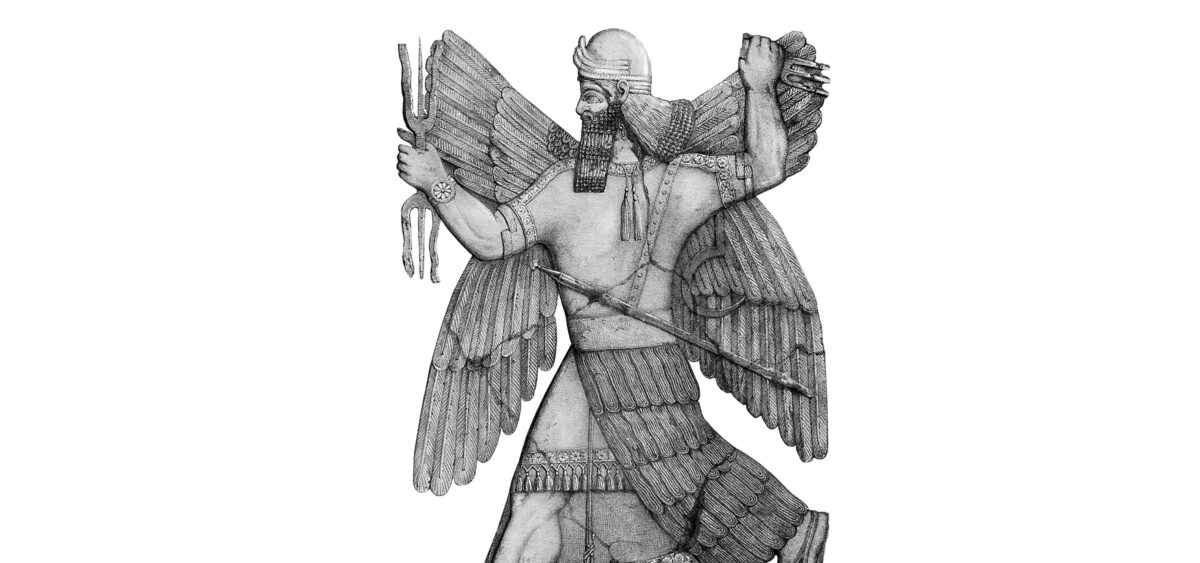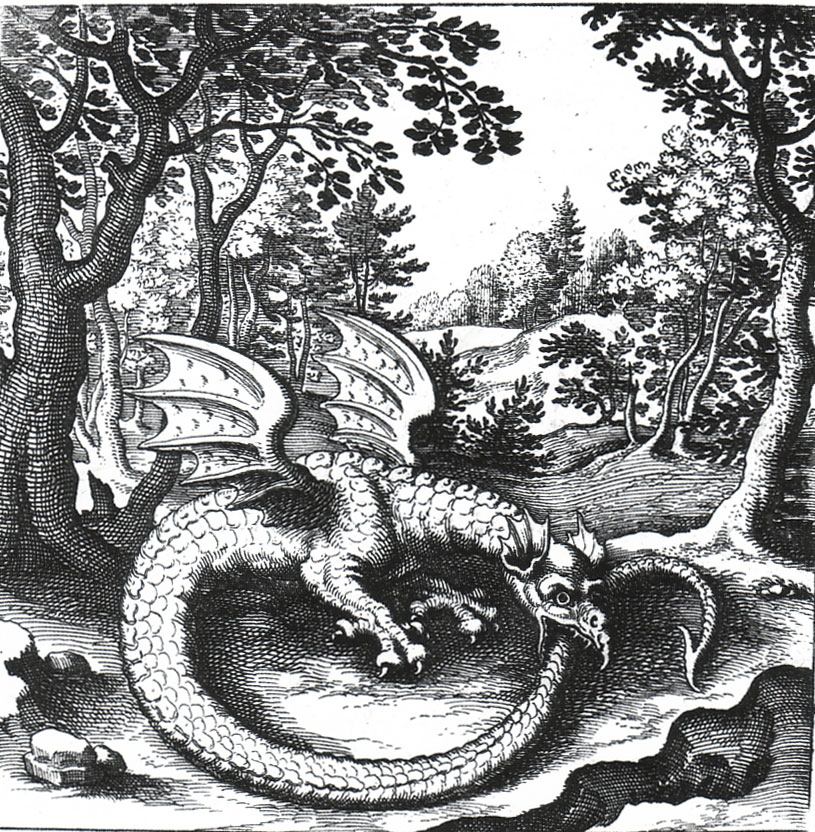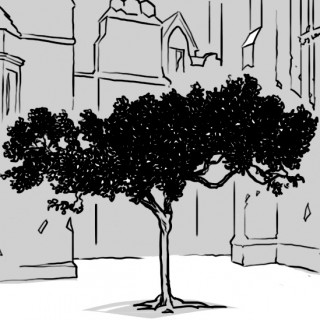
The ancients condemned us to live in constant noise, abandoning the hunter-gatherer existence and then establishing cities. We are similar to them: on the one hand we miss silence, on the other we’re terrified of it.
Man is an extremely noisy being. The transition from migratory hunter-gatherer communities to living in permanent settlements was a particularly noisy episode in the history of our species. However, the uprising of the great civilizations of Mesopotamia and Egypt at the turn of the 4th and 3rd millennia BC, and then of Syria and Palestine, and the construction of the first large urban centres, meant a transition to living in constant chaos. There are many quite obvious factors behind this: the concentration of the population in a small, closed area; multi-generational families with a large number of young children; co-living with animals (poultry, pigs, dogs, donkeys, mules, etc.); and the numerous marketplaces, shops and craftsman’s workshops operating in the cities. Added to this are the palaces and shrines of the gods with their loud celebrations and processions combined with music and dance. In other words: the denser and larger settlements and cities were, the louder they became. Athens, Corinth, Argos, Thebes – the classical Greek poleis were not oases of peace and quiet. And life in the great metropolises of the Roman Empire was a total nightmare. At close to a million inhabitants, Rome was a never-quieting monster. A Roman poet wrote that even at night, it was hard to sleep a wink there, because when darkness fell, the numerous witches and sorceresses of the empire’s capital would perform sombre rituals, pounding relentlessly on bronze pitchers and platters. Genuinely nightmarish.
As a result, those who were able tried to buy even the most modest property outside Rome, and would spend their free time there. The emperor and the










